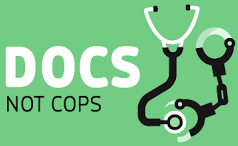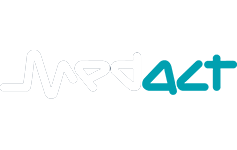How does charging work?
Trusts are able to charge up to 150% of the cost of treatment at their discretion.
The way that charging happens works differently in different Trusts, it is important to understand how it happens in your hospital or Trust.
Due to the extension of the 2015 Charging Regulations in October 2017, patients may be charged upfront for the full cost of secondary care, or a proportion of the treatment and charged the rest retrospectively.
If treatment is deemed to be ‘immediately necessary’ or ‘urgent’, patients may be charged or billed retrospectively.
Some Trusts are implementing payment plans on a variable basis, which means that patients may be able repay a small amount on a monthly basis toward the cost of their treatment. This does not make charging for treatment okay. This just means that patients who fear the impact of debt to the NHS on their immigration status should be notified of this option.
There is a lot of confusion about the charging regulations and who is eligible for free treatment. This confusion comes from the duty for health professionals to identify eligibility for treatment on the basis of the treatment required, the patient’s residency and immigration status and the urgency of the treatment. Have a look at our list of exemptions and excluded services.
[DOH catergories of care]


